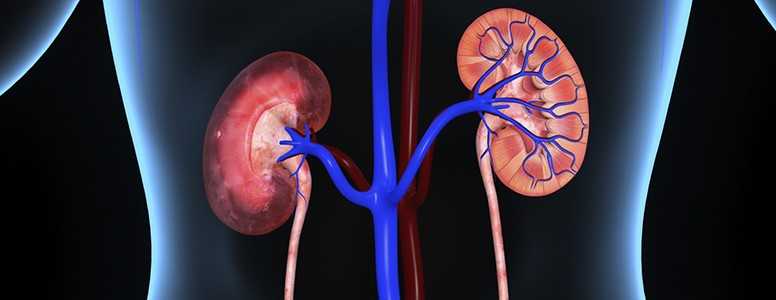Eating a diet rich in potassium could reduce the risk of renal and cardiovascular events in patients with type 2 diabetes, new research finds.
Type 2 diabetes patients have an increased risk of end-stage renal (kidney) disease (ESRD) and cardiovascular (heart) disease. Having uncontrolled high blood sugar levels for a prolonged period, high blood pressure and excess lipids in the blood are well-known risk factors for both.
Researchers from the Shiga University of Medical Science, Japa, investigated the effect of potassium on the heart and kidney health of 623 Japanese type 2 diabetes patients. None of the patients were using diuretic medication or had any history of cardiovascular disease.
Potassium and sodium levels were measured through urine samples, which the researchers report is an accurate indicator of the amount consumed.
Over a median follow-up period of 11 years, patients who had higher levels of potassium in their urine had a lower risk of renal dysfunction and cardiovascular problems. Sodium excretion showed no correlation with reduced risks.
Lead researcher Dr. Araki believes these findings show that increased potassium in the diet could prevent renal and cardiovascular problems from developing, but also urged caution.
The aim of the study was to further research into dietary recommendations, but does not provide conclusive evidence that potassium has a protective effect on the kidneys of diabetic patients. Moreover, elevated levels of potassium in the blood can cause hyperkalemia, a dangerous condition that affects some people with diabetes.
Dr. Araki’s team are now planning interventional trials to determine whether increasing dietary potassium is beneficial for diabetes patients.
The study was published in the Clinical Journal of the American Society of Nephrology.
What's new on the forum? ⭐️
Get our free newsletters
Stay up to date with the latest news, research and breakthroughs.





